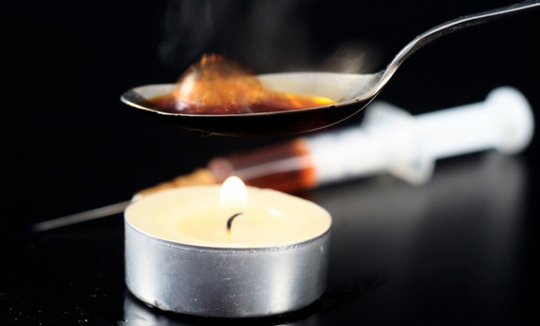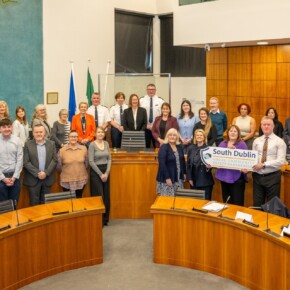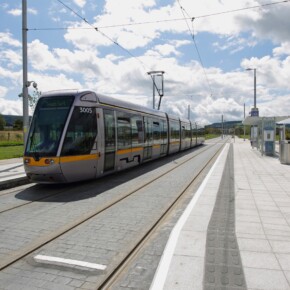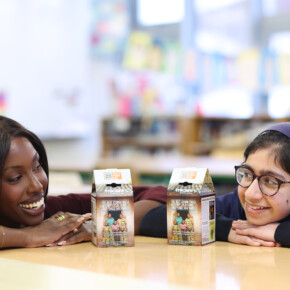Drugs projects facing closure
Dublin People 12 Apr 2014
COMMUNITY activists are warning that the closure of a vital drugs service in Dublin 15 could be the first of many due to savage cutbacks in funding.
The Greater Blanchardstown Response to Drugs (GBRD) is due to close next month after providing services in the Dublin 15 area for over 20 years.
The beginning of the end for the project came last December when Dublin North City and County Regional Drugs Task Force (RDTF) withdrew a substantial amount of its funding.
This, combined with the recent resignation for personal reasons of popular project Co-Ordinator Phillip Keegan, left the board of management with little option but to wind GBRD down.
“The decision was taken at a recent board meeting,
? said board chairman Eddie Mathews.
“We were looking at the viability of it going forward. We took financial advice and really we would be trading recklessly to go ahead and that would be unfair to the board members.
?
“It really was a body blow when (RDTF) withdrew funding at short notice in the run up to Christmas resulting in the redundancy of a key worker.
?
There are now growing fears that other projects across the Northside and the rest of the city will struggle to survive on drastically reduced budgets caused by cutbacks.
News of GBRD’s closure came during a week when drugs workers and activists who were gathered in the Gresham Hotel on O’Connell Street for a Drugs Crisis Campaign meeting heard that local communities are now coping with an increasingly complex and chaotic drug problem.
The meeting was told that there’s now evidence that many drug users are chronically addicted to a lethal cocktail of legal drugs, illegal drugs and alcohol.
It’s estimated that drug related deaths are now claiming over 600 lives a year in Ireland and even so-called
‘softer’ substances are posing new dangers.
Drugs workers say over the last few years they’ve seen the emergence of
‘weed’ with an increasingly higher concentrate of psycho active substance THC that has a greater impact on younger users in particular.
There’s also been an explosion in tablet use including painkillers, sedatives and tranquillisers, all of which are now being sold on the streets.
Last month gardai reported that over 8,000 non controlled tablets – mostly sleeping pills like Zopiclone and Zimovane – were surrendered as part of Operation Spire, an on-going Garda strategy to eliminate drugs from the city’s main thoroughfare.
The Citywide Drugs Crisis Campaign is calling for the topic to be an election issue in the upcoming local and European elections.
“Local authorities are signed up as key partners in implementing the National Drugs Strategy and the councillors that will be elected on May 23 must ensure that this role is carried out,
? said Anna Quigley of Citywide.
“Councils have responsibility for a range of issues that have a direct impact on the drugs crisis, including housing, estate management and joint policing committees.
“They are also taking over responsibility for the community development programme, which is a crucial part of addressing the drugs problem in our communities.
“The MEPs elected in May should be lending their voice to the call for a review of the so-called
‘war on drugs’ approach. All the evidence points to the failure of the current approach and the need for an open and informed debate on decriminalisation and legalisation, based on evidence from the experience of other countries.
?
Last week Dublin West Sinn Féin representative Paul Donnelly expressed his anger at the closure of the Greater Blanchardstown Response to Drugs (GBRD) project.
“As a long time member of ADAPT drug and alcohol service and the Local Drugs Task Force, I am acutely aware of the massive issue funding is for all the projects that provide services in our community, many of them including our own have been stripped down to the bone. There is nothing left to cut,
? he said.
“We have been predicting such a scenario as has befallen GBRD for several years and my fears are that this is not the end.
“It is proven beyond doubt that community based projects work in supporting problematic drug users to become drug free and start to rebuild their lives.











